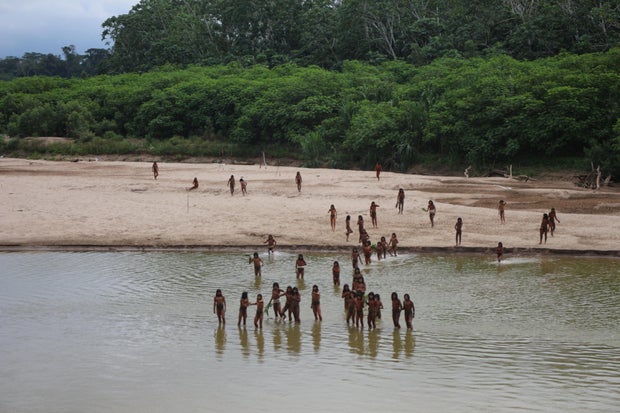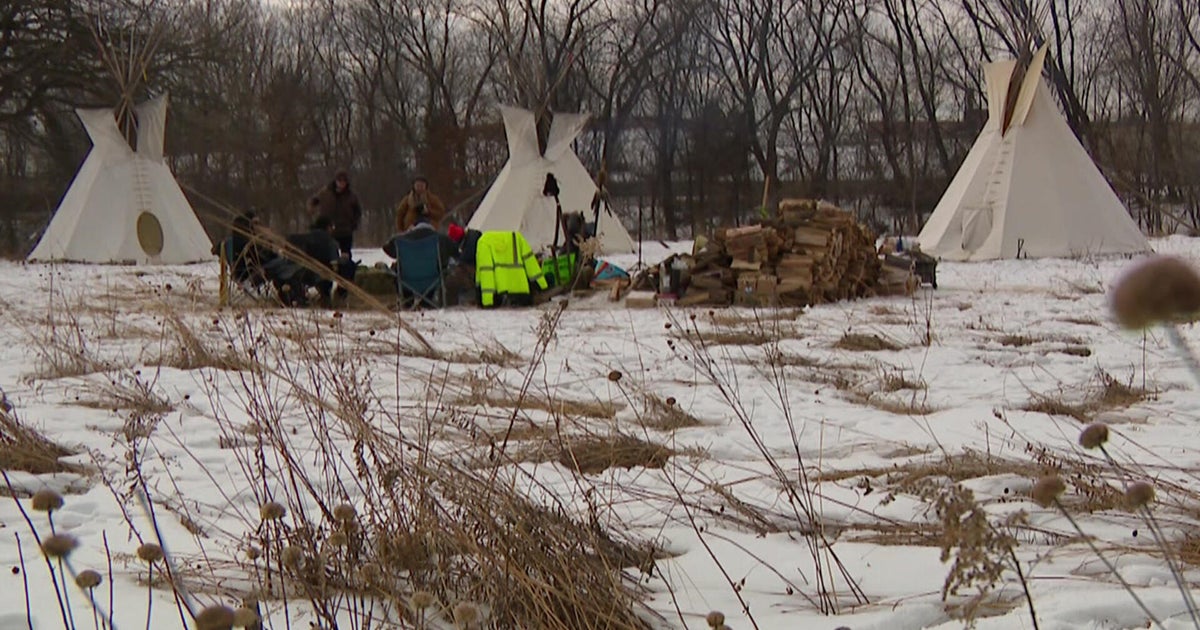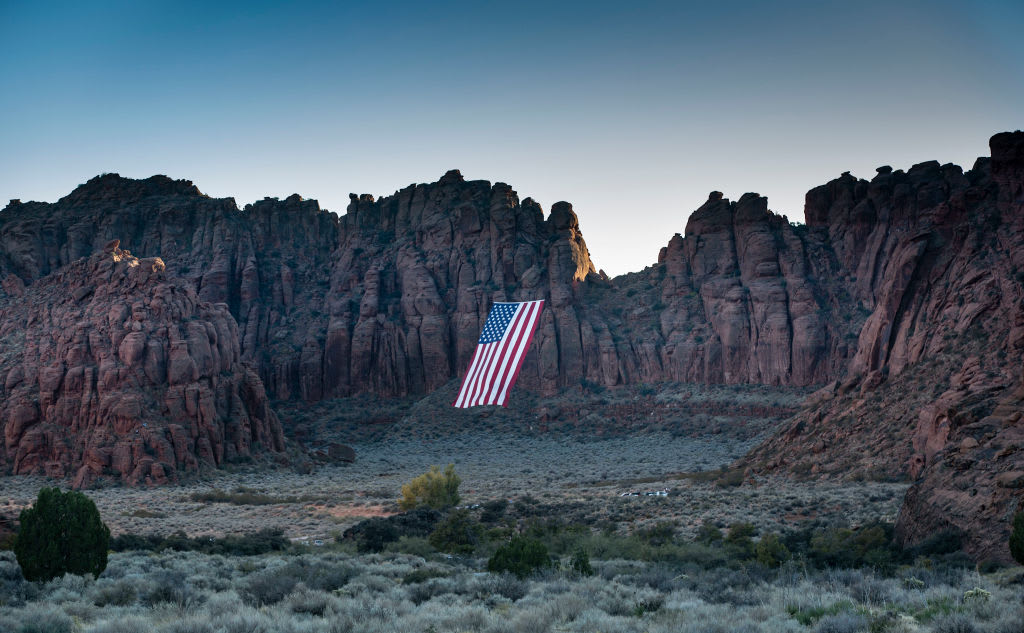Reclusive tribe armed with bows and arrows kills loggers allegedly encroaching on their land in Peru, group says
Two loggers have been killed by bow and arrow after allegedly encroaching on the land of the uncontacted Mashco Piro Indigenous tribe deep in Peru's Amazon, according to a rights group.
The group, known as FENAMAD, defends the rights of Peru's Indigenous peoples. It says tensions between loggers and Indigenous tribes are on the rise and more government protective action is needed.
Two other loggers in the attack were missing and another was injured, FENAMAD said, and rescue efforts were underway.
The rights group, which represents 39 Indigenous communities in the Cusco and Madre de Dios regions in southeastern Peru, said the incident took place on Aug. 29 in the Pariamanu river basin while loggers were expanding their passageways into the forest and came into contact with the reclusive and renowned territorial tribe.
"The Peruvian state has not taken preventive and protective measures to ensure the lives and integrity of the workers who have been gravely affected," the group said in a statement Tuesday, adding authorities have yet to arrive in the area since the incident.
FENAMAD said the attack happened just 15 miles from a July incident, when the Mashco Piro again attacked loggers. The group said in their statement that even though they advised the government of the risk of a rise in violence, nothing has been done.
"It's a heated and tense situation," said Cesar Ipenza, an Amazon-based lawyer who specializes in environmental law in Peru. "Undoubtedly, every day there are more tensions between Indigenous peoples in isolation and the different activities that are within the territory that they ancestrally pass through."
There have been several other previous reports of conflicts. In one incident in 2022, two loggers were shot with arrows while fishing, one fatally, in an encounter with tribal members.
In January, Peru loosened restrictions on deforestation, which critics dubbed the "anti-forest law." Researchers have since warned of the rise in deforestation for agriculture and how it is making it easier for illicit logging and mining.
Ipenaza said some effort has been made by authorities in the area like mobilizing a helicopter, but overall there has been "little commitment" by Peru's Ministry of Culture, responsible for the protection of Indigenous peoples.
The Ministry of Culture did not immediately respond to a message Wednesday seeking comment on the attack and their protection efforts.
The attack took place a day before the Forest Stewardship Council suspended the sustainability certification of a logging company for eight months which rights groups and activists have accused of encroaching on the Indigenous group's land.
"It's absurd that certifiers like the FSC keep the certification of companies that clearly and openly violate basic human rights and Indigenous rights," said Julia Urrunaga, director of the Peru program at the Environmental Investigation Agency. "How terrible that people have to keep dying and that it has to be an international scandal for action to be taken."
In July, photos emerged of the uncontacted tribe searching for food on a beach in the Peruvian Amazon, which some experts say was evidence logging concessions are "dangerously close" to its territory. Survival International, an advocacy group for Indigenous peoples, said the photos and videos posted showed about 53 male Mashco Piro on the beach. The group estimated as many as 100 to 150 tribal members would have been in the area with women and children nearby.
A 2023 report by the United Nations' special reporter on the rights of Indigenous peoples said Peru's government had recognized in 2016 that the Mashco Piro and other isolated tribes were using territories that had been opened to logging. The report expressed concern for the overlap, and that the territory of Indigenous peoples hadn't been marked out "despite reasonable evidence of their presence since 1999."
In 2018, footage showed an indigenous man believed to be the last remaining member of an isolated tribe in the Brazilian Amazon.




